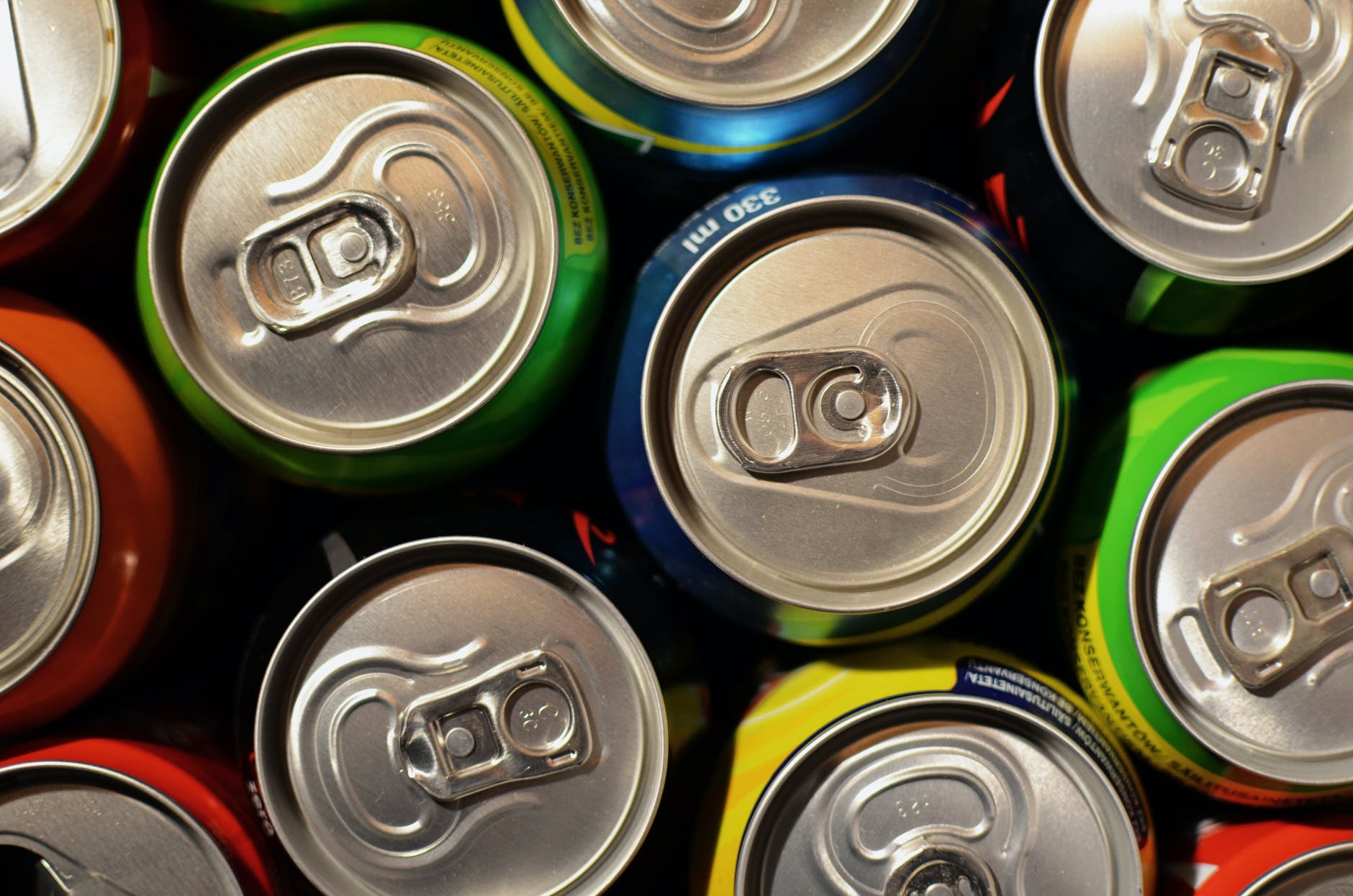
Drinking soda can increase the risk of cardiovascular disease, according to a new study published Wednesday in the Journal of the American Heart Association.
Findings suggest that even one serving daily of a sugary soft drink can lead to higher risk of cardiovascular disease.
ADVERTISEMENT
The team assesses information from about 106,000 women who answered a food questionnaire. The questions were about how often they drank sweetened drinks, including sports drinks, sodas, and sweetened bottled waters.
With an average age of 52, the respondents reported no diagnosis of stroke, heart disease, or diabetes throughout the study. However, follow-ups over two decades revealed that many started to manifest signs of those conditions.
Their conclusion states that drinking soda or one or more sugary drinks each day can form a nearly 20% greater likelihood of developing a cardiovascular disease, as compared with women who either did not drink or rarely consumed sugary beverages.
Different types of sweetened drinks
Individuals who had fruit drinks with sugar added on a daily basis showed a 42% greater likelihood of having cardiovascular disease compared with those who did not have sugary beverages at all.
Meanwhile, frequent soda drinkers manifested less risk, having a 23% greater likelihood for cardiovascular disease overall.
According to the American Heart Association, women should limit their added sugar consumption to no more than 100 calories daily, or 25 grams. On the other hand, men must not have more than 150 calories or 38 grams.
Excessive sugar
"We hypothesize that sugar may increase the risk of cardiovascular diseases in several ways," said lead author Cheryl Anderson, a professor of family and public health at University of California San Diego.
"It raises glucose levels and insulin concentrations in the blood, which may increase appetite and lead to obesity, a major risk factor for cardiovascular disease."
She stressed the link between excessive sugar and inflammation, insulin resistance, and type 2 diabetes.
These conditions can further trigger atherosclerosis, which happens when arteries narrow.
The female participants were pulled from the California Teachers Study. That project began in 1995 when 133,478 women, who were either active or former teachers, answered a questionnaire as part of a study associating smoking with breast cancer.
In the current research, the team extracted survey data from all the female respondents in the California Teachers Study cohort. They monitored the women until those participants had undergone a cardiovascular event, passed away, moved out of California, or stopped responding to questionnaire mailings.
The study discovered that the "period of observation is longer — 20 years," said Dr. Bob Eckel, a former president of the American Heart Association and a professor emeritus of medicine at the University of Colorado.
He also commended the study for the details gathered about how much each type of beverage may worsen or put people at risk of cardiovascular disease.
Drink water
Aside from a healthy lifestyle, the AHA recommends water as the best drink for every day. Meanwhile, making a fruit smoothie is healthier than drinking soda and other beverages.
Observe a heart-healthy dietary pattern such as Mediterranean or Dietary Approaches to Stop Hypertension "with lots of fresh fruit and vegetables, whole grains, lean poultry and fish, legumes and fiber," Eckel said.
Sugar-sweetened beverages "have a small place in these dietary patterns."






